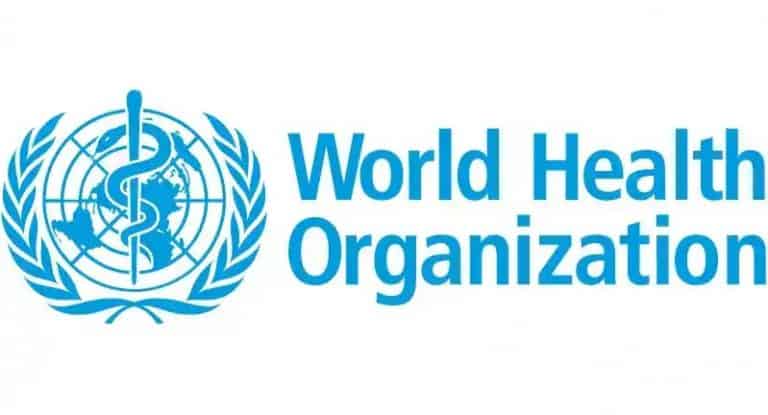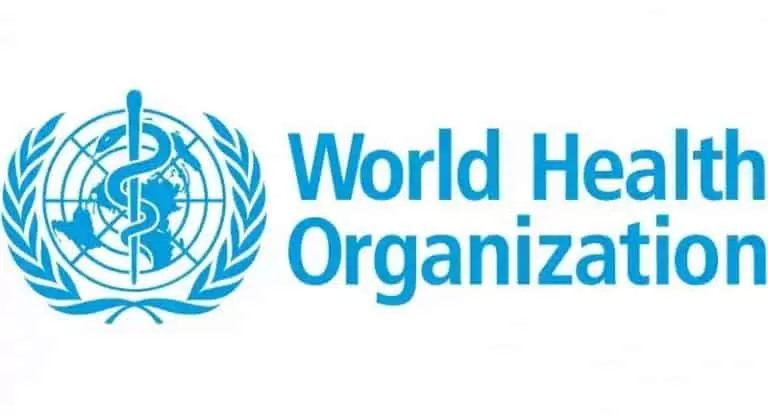

Last updated on September 11th, 2021 at 02:47 pm
Three months ago sub-Saharan Africa confirmed its first COVID-19 case in Nigeria. Although infections have risen and continue to grow, early and swift action by many countries in the region has slowed down the spread of the virus.
Even before the virus could hit the region, several countries, in collaboration with the World Health Organization (WHO), were already upping COVID-19 prevention and detection through measures such as airport screenings and reinforcing response preparedness. WHO has also been supporting countries to strengthen key measures including testing and treatment as well as health worker training.
To date more than 10 000 health workers have been trained in infection prevention and control, treatment, logistics, laboratory testing and public health education and other key areas. In addition, WHO Regional Office for Africa has repurposed over 900 staff at the regional and country levels to support the COVID-19 response.
In collaboration with World Food Programme, the African Union, Africa Centres for Disease Control and the Jack Ma Foundation, WHO has helped ship consignments of medical supplies and equipment to countries in the region. Currently 45 of the 47 countries in the WHO African Region can test for COVID-19, up from just two when the outbreak started. For the remaining two countries, WHO will deliver essential laboratory equipment and supplies to establish testing.
To date, kits to carry out over 100 000 COVID-19 tests have been delivered to countries, and further shipments are planned. Cumulatively countries in the region have carried out more than 1.4 million tests.
Laboratory testing in many countries has now been decentralized from the capital cities. Ghana, Kenya, Ethiopia, South Africa and Nigeria all have multiple laboratories performing testing. Ethiopia has repurposed testing capacity at the national animal health laboratory for COVID-19 diagnosis.
COVID-19 infections in Africa have not grown at the same exponential rate as in other regions and so far the region has not experienced the high mortality seen in some parts of the world.
Governments made timely decisions to enforce containment measures such as physical and social distancing, lockdowns as well as surveillance, testing and treatment. Some of the movement restrictions are now being relaxed.
WHO has cautioned that if lockdowns are eased too quickly, infections could rapidly increase.
The Organization has issued interim guidance to Member States, which encourage a gradual adjustment of public health and social measures, while constantly assessing risks.
(africanewsroom)
Two mobile telecom leaders, MTN Group and Airtel Africa, joined forces to create a new digital infrastructure system throughout African…
South African President Cyril Ramaphosa defended his nation against claims of white discrimination made by tech magnate Elon Musk. After…
Hilton launched Signia by Hilton for its first appearance in Egypt and Africa through its hotel expansions. These hotels at…
UNICEF reported that, nearly 2900 people died of cholera across Eastern and Southern African countries while children suffer most greatly…
Enza, based in the United Arab Emirates, obtained $6.75 million in initial investment funding from Algebra Ventures and Quona Capital.…
US Secretary of State Marco Rubio ordered South African Ambassador Ebrahim Rasool to leave America by March 21 because he…
This website uses cookies.